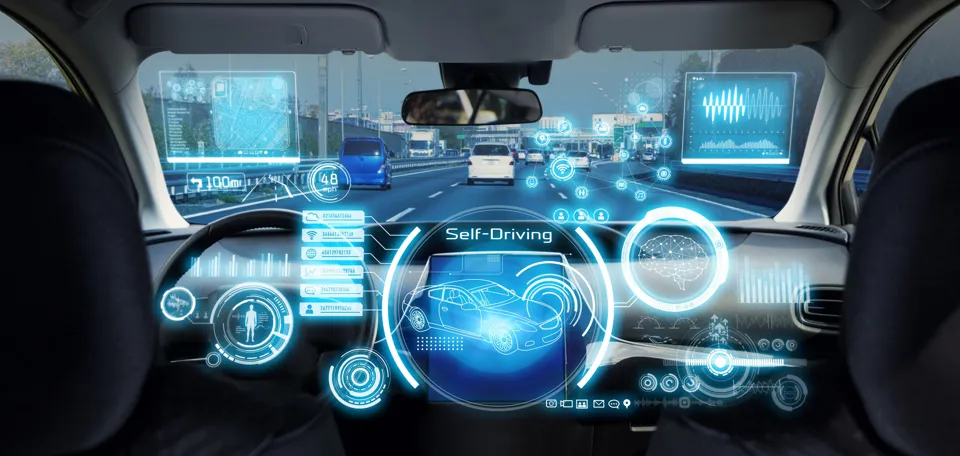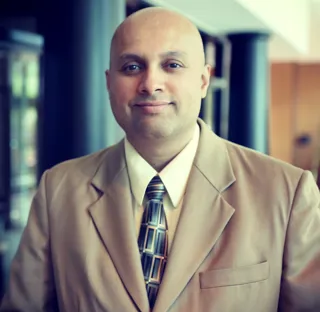A proposed assurance framework aimed at allaying fears around the cybersecurity threat to connected and autonomous vehicles has been launched.
The framework has been developed by consortium 5StarS – an Innovate UK project which brings together research groups Horiba MIRA, Ricardo, Roke, Axillium Research and Thatcham Research.
It aims to build trust in the ability of vehicle manufacturers to be resilient to cyber attacks, as well as being able to respond quickly and effectively to them.
The 5StarS consortium aims to introduce a new system of star ratings for the security of autonomous cars against cyber attacks, similar to the Euro NCAP ratings for the crash safety of cars.
Publication of the framework follows a consultation on the cyber security rating scheme which began in April.
Richard Billyeald, chief technical officer at Thatcham Research, said: “Through our research and evidence gathered to develop the framework, we are confident that it is a workable and positive response to the issues posed by new techno9logy, and increases peace of mind for consumers.
“The framework will allow vehicle manufacturers and others to deal with the risks but also consider the clear opportunities on offer.”
Michael Ellis, future of mobility minister, added: “Self-driving technology will help transform our society for the better, and the UK has led the way globally in supporting the world’s first standard on vehicle cyber security.
“The new assurance framework developed by the 5StarS consortium builds on this work, helping ensure this technology is safe, secure and resilient to cyber attacks.”
In December last year, the British Standards Institute published guidance to help protect self-driving vehicles from being hacked.
The security standard was developed by BSI with input from academics and experts from leading businesses in the car industry, including Jaguar Land Rover, Ford and Bentley, and well as the National Cyber Security Centre, and funded by the Department for Transport.






















Login to comment
Comments
No comments have been made yet.